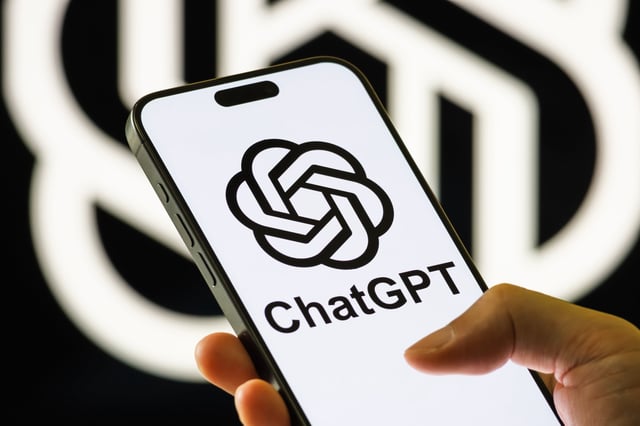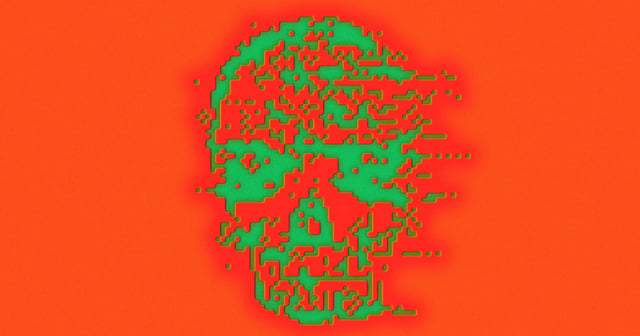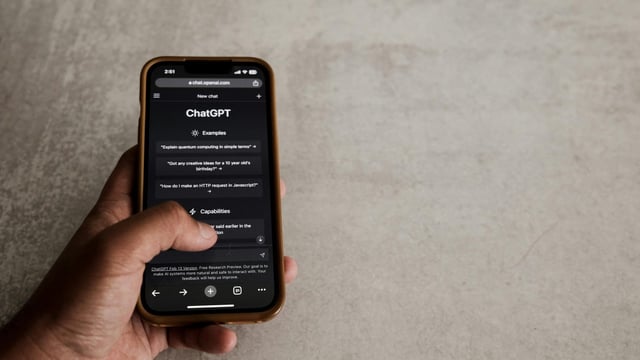Overview
- A published case in the Annals of Internal Medicine describes a 60-year-old man who consumed sodium bromide for three months after ChatGPT suggested it as a table salt replacement, leading to hallucinations, paranoia and dermatologic symptoms.
- Clinical tests measured his serum bromide concentration at about 1,700 mg/L—more than 170 times the normal level—resulting in a three-week hospital stay including involuntary psychiatric observation.
- Without the original chat log, University of Washington researchers replicated the dietary query and confirmed that ChatGPT again listed bromide as a chloride substitute without issuing specific medical warnings.
- The incident highlights the difficulty of auditing AI outputs, the risk of decontextualized medical advice and the need for clinician involvement when interpreting AI health recommendations.
- OpenAI has pointed users to its terms of use that caution against relying on ChatGPT for medical decisions and has pledged to implement enhanced safety measures in upcoming model releases.



